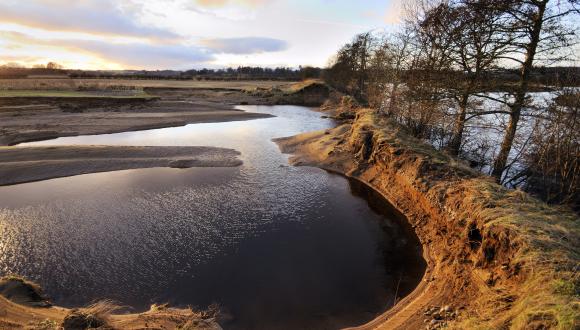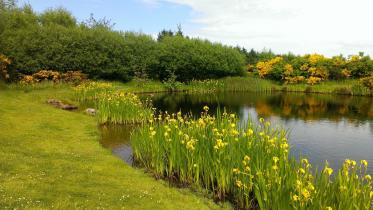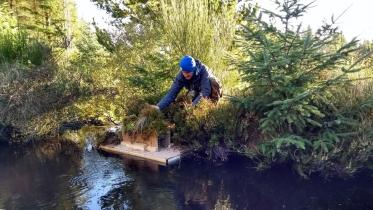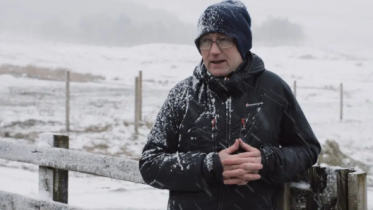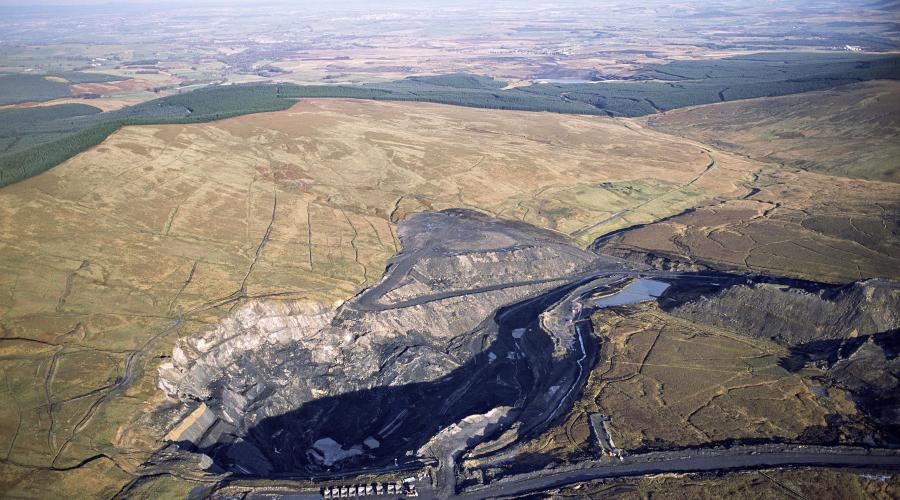
Opencast Coal Development and the Natural Heritage: Policy Summary
Introduction
Opencast coal mining is a very controversial activity and can raise difficult issues in finding the right balance between economic and environmental considerations. Actual working can frequently cause serious environmental disruption and consequences (some of which are not central to NatureScot’s remit e.g. noise, dust and transportation problems). Poorly restored (or abandoned) sites can also impoverish the natural heritage and create other environmental problems in the long-term.
Against these adverse environmental impacts must be set the direct, and indirect, jobs opencast coal mining can create and the environmental benefits that can sometimes arise from the restoration of previously mined land, including land stabilisation. These benefits often accrue in areas where unemployment is high and there is a legacy of environmental degradation from past industrial activity.
Background
The deregulation of the energy market over the past decade or so has encouraged a more opportunistic and commercially-led approach by developers which has often been to the detriment of the natural heritage. NatureScot has sought to counteract this by undertaking work designed to support more strategic approaches to site selection.
Guidance to Scottish planning authorities relating to opencast coal extraction was strengthened through the publication of Government National Planning Policy Guidance (NPPG) 16 “Opencast Coal and Related Minerals” in April 1999. This is being translated into more robust and restrictive development plan policies, and tighter requirements in terms of the operation and restoration of sites.
NatureScot’s position
NatureScot is concerned that individual opencast workings can produce severe short and long term impacts on natural heritage and informal recreational interests. At the same time, NatureScot considers that further efforts can and should be made to implement individual opencast developments more sensitively, and in ways which are also capable of enhancing or creating natural heritage and informal recreational benefits. Ideally, opencast mining requires long-term planning within a strong policy framework. NatureScot therefore strongly welcomes the recent strengthening of the policy framework for regulating the opencast coal industry in Scotland heralded by NPPG 16.
NatueScot’s approach to opencast coal developments recognises the need for a continuing supply of fossil fuel, while the country develops effective energy efficiency regimes and a greater reliance on renewable energy sources. As with other types of mineral extraction, NatureScot seeks:
- the location of mineral extraction where least environmental damage would occur;
- mineral operations which minimise the impacts of mining as it takes place; and
- restoration which enhances the quality of the site as far as possible on completion of extraction.
NatureScot will therefore:
- oppose opencast proposals which in themselves, or in combination with other such developments, threaten important natural heritage and informal recreational interests;
- seek to secure that all future opencast working provides net natural heritage and informal recreational benefits (in line with NPPG 16);
- provide advice on nature conservation, earth heritage, landscape and informal recreational interests to planning authorities, operators and other relevant interests to steer the industry away from sensitive areas;
- seek to promote the highest possible quality of design, operating controls, restoration and after-use and ensure the effective use of planning conditions and legal agreements and financial bonds; and
- seek further changes to national policy to establish a clearer national policy on the future contribution of opencast coal as part of an overall energy policy for the UK, to develop a more strategic approach to the planning of opencast development in national planning guidance and development plans, and to strengthen the requirement for properly planned, implemented and enforced restoration and after-care.
References:
Scottish Office. Development Department (1999). Natural heritage. National planning policy guideline. (National Planning Policy Guideline (NPPG); 14). Edinburgh: Scottish Office.
Scottish Office. Development Department (1999). Opencast Coal and Related Minerals. National planning policy guideline. (National Planning Policy Guideline (NPPG); 16). Edinburgh: Scottish Office.
First issued:
April 2000
